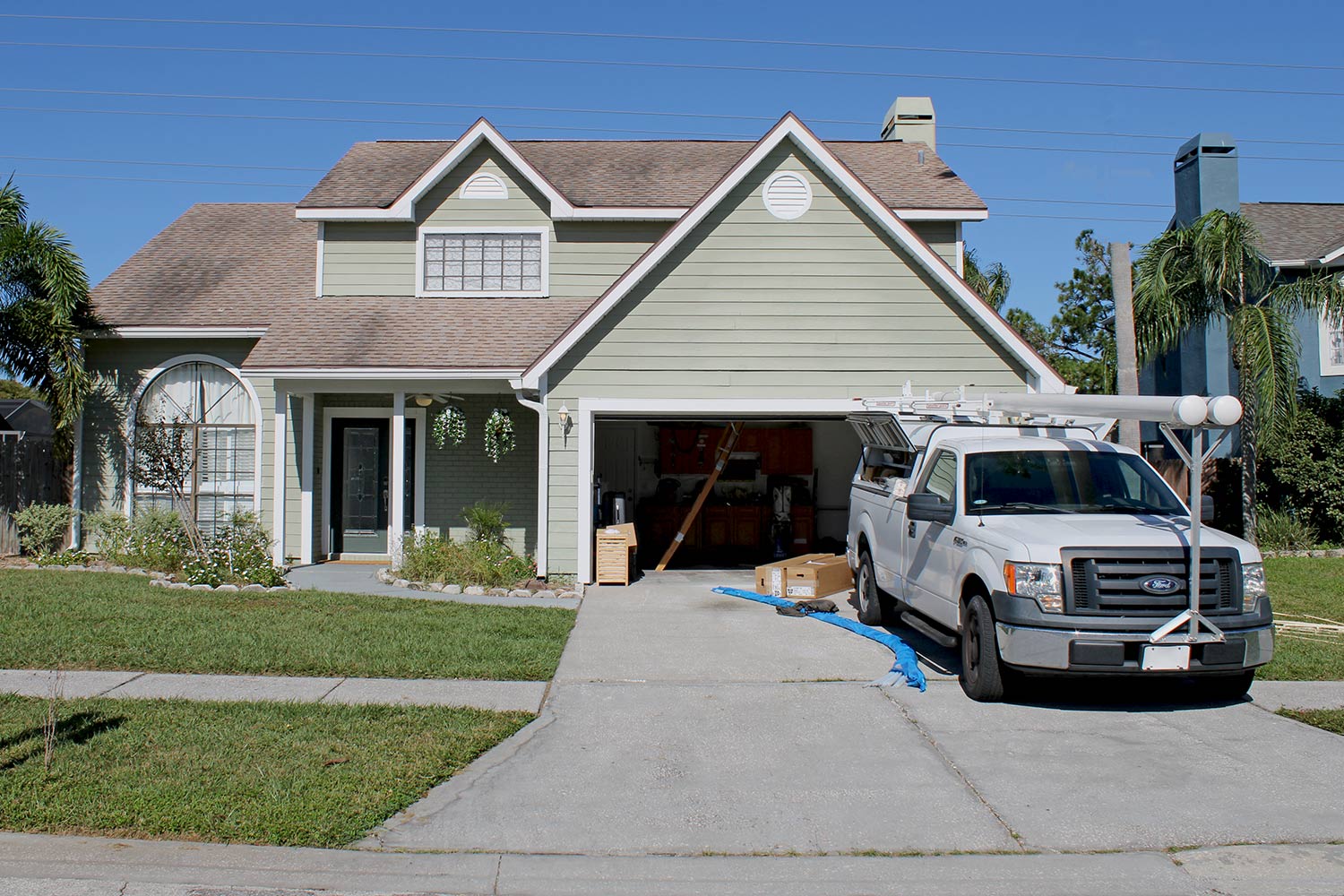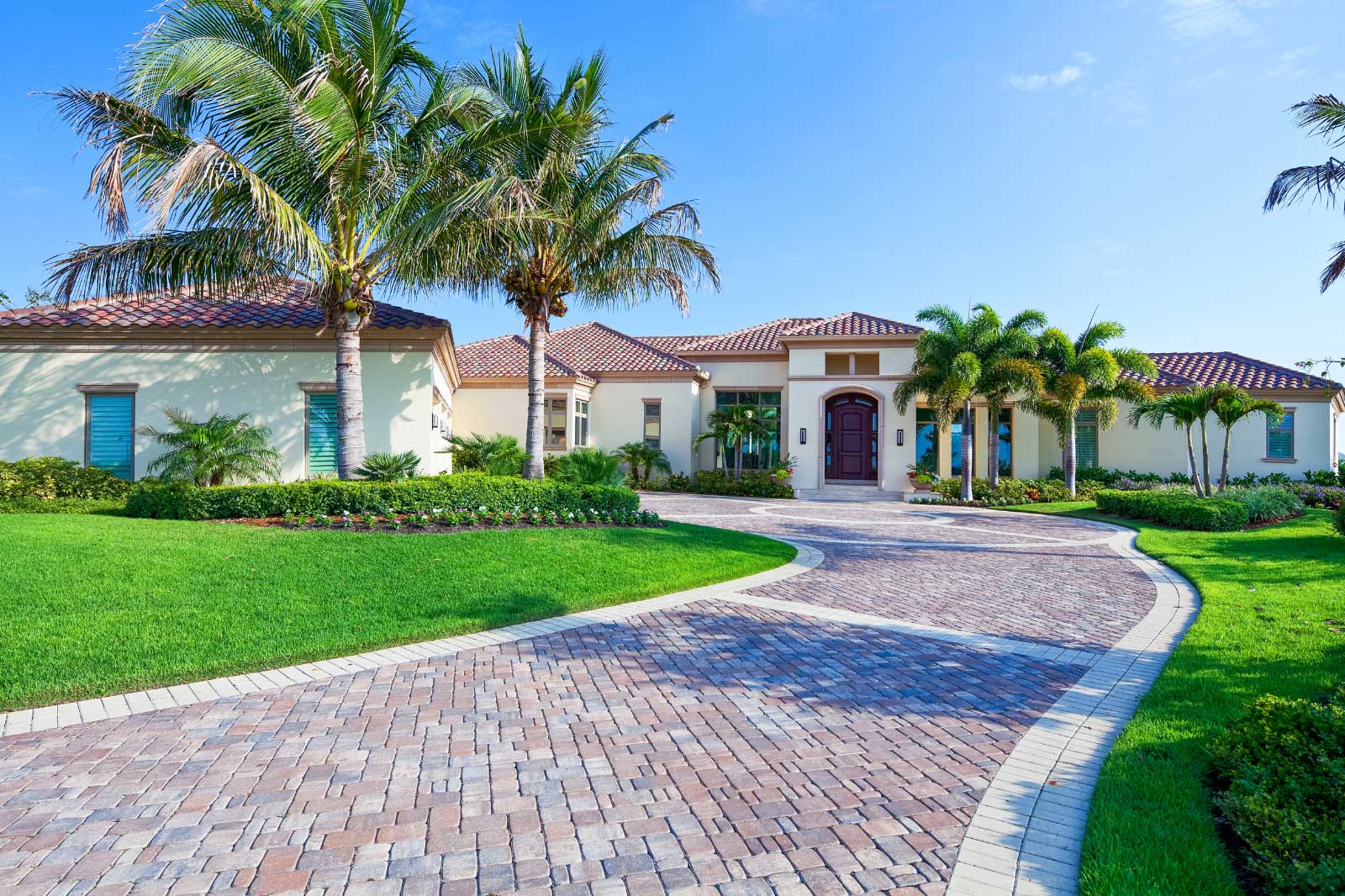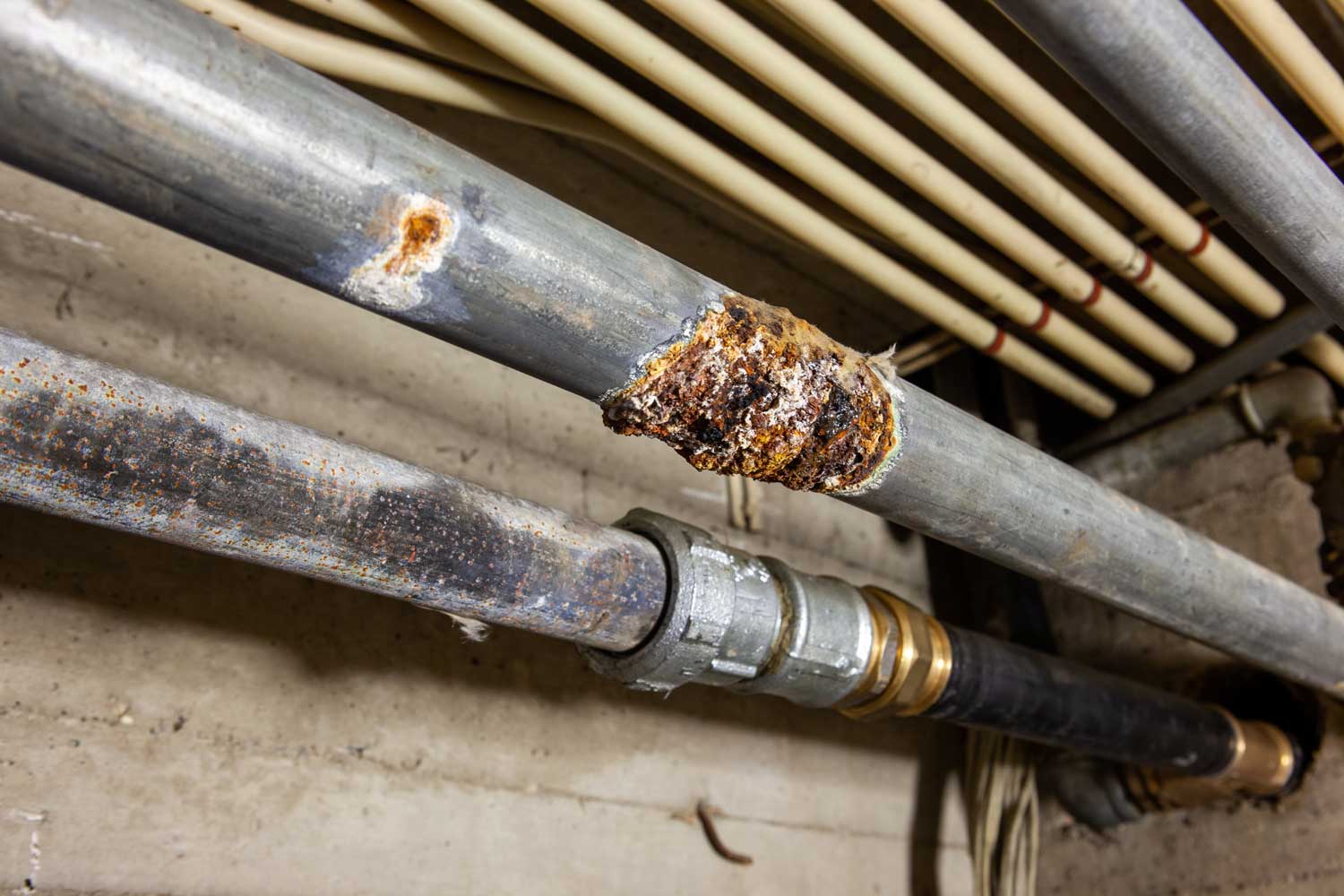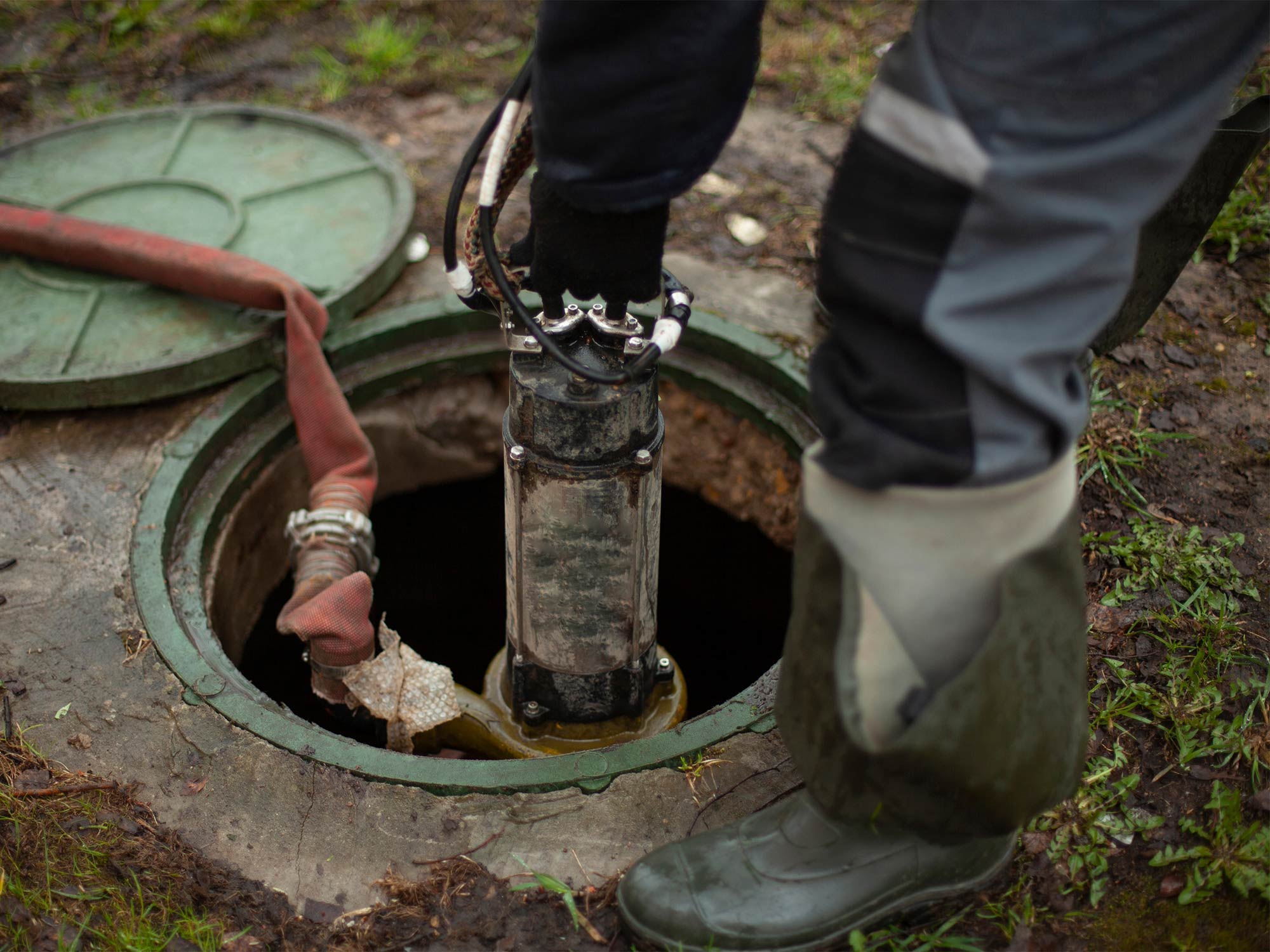Repiping your home may not be the most glamorous project, but it’s a vital one, especially in Florida, where weather conditions, water quality, and aging homes often contribute to plumbing issues. Additionally, outdated pipes are red flags to home insurance companies, who could drop you or cancel a policy unless you upgraded your old piping. Knowing when to repipe can save you from costly damage and ensure a steady supply of clean water. Here’s a detailed guide on what repiping entails, the signs to watch for, and why it’s essential in the Sunshine State.
So … what’s the Cost to Repipe a House in Florida?
Repiping involves replacing the existing plumbing system in your home, including all the pipes that supply water to fixtures such as sinks, toilets, and showers. It’s a comprehensive solution often necessary when the existing pipes are old, corroded, or no longer meet the demands of your household.
In Florida, many older homes were built with galvanized steel or polybutylene pipes, both of which have known longevity, health, and performance issues. Modern plumbing systems use durable materials like copper or PEX (cross-linked polyethylene), offering better reliability and lifespan.
Understanding When to Call in The Repipe Experts
Recognizing the signs that your home’s plumbing system is failing is critical to preventing further damage. Here are the red flags to watch out for:
- Discolored Water—if your tap water has a rusty or brownish tint, it’s a clear indication of pipe corrosion. And an immediate sign to stop drinking or using contaminated water. This issue is especially common in homes with galvanized steel pipes, which are prone to rust over time.
- Low Water Pressure—a noticeable drop in water pressure could point to mineral buildup, corrosion, or leaks within the pipes. In Florida, hard water (which is very common across the state) accelerates mineral deposits, further clogging pipes.
- Frequent Leaks—regularly dealing with leaks, even small ones, is a warning sign of systemic pipe failure. Temporary fixes won’t address the root problem, and ignoring leaks can lead to significant water damage.
- Noisy Pipes—rattling, banging, or clanging sounds coming from your pipes often indicate loose fittings, water hammer, or age-related issues. Persistent noise suggests the need for a plumbing overhaul.
- High Water Bills—a sudden spike in your water bill without a corresponding increase in usage is often caused by hidden leaks or inefficiencies in the plumbing system.
- Mold or Mildew Growth—leaking pipes can create a damp environment perfect for mold and mildew growth, which poses health risks and structural concerns.
- Age of Your Plumbing System—if your home is over 30 years old and still has its original plumbing, it’s likely time to consider repiping. Materials like galvanized steel or polybutylene have far shorter lifespans than modern alternatives. Similarly, not replacing old pipes increases the risk of major problems down the road should you stay in the home or list it on the market to be sold.
Why A Home Repipe In Florida Is a Smart Move in 2025
Florida’s unique environmental factors make regular plumbing maintenance even more critical:
- High Humidity: The constant moisture accelerates corrosion and leaks.
- Saltwater Exposure: Homes near the coast are more vulnerable to pipe degradation due to salt in the air.
- Hard Water: Florida’s hard water can lead to mineral buildup, clogging pipes faster than in other regions.
Benefits of a Professional Repiping Service
Investing in repiping your home offers several advantages such as (1) improved water quality and pressure, (2) elimination of recurring leaks and costly repairs, (3) increased home value and peace of mind for potential buyers, and (4) compliance with modern plumbing codes and standards.
The Water Repiping Process
Repiping is a significant project, but professional plumbers in Florida have streamlined techniques to minimize disruption in a few key steps.
- Inspection and Planning: A thorough assessment of your home’s plumbing system is the foundation of a successful repiping project. During this phase, professional plumbers will evaluate the existing plumbing, map the plumbing system, determine the best materials to use, plan routes for new piping, and develop your project timeline.
- Pipe Installation: This is the core phase of the repiping project, where old, failing pipes are replaced with new, high-quality ones. During the install, your plumber will be shutting off the water supply, removing old pipes, installing new pipes, and pressure testing the whole system.
- Wall Repairs and Clean-Up: After the new plumbing system is fully operational, the project moves into the restoration phase of patching holes, repainting or re-texturing the walls, clean-up, and most important, a final inspection.
House Repipe Conclusion
Repiping your home in Florida is a proactive step to safeguard your property and health. By recognizing the signs of failing pipes and acting promptly, you can avoid costly repairs and enjoy a more efficient plumbing system. If you suspect your home may need repiping, consult a licensed plumber to evaluate your system and discuss your options. Your peace of mind and the long-term value of your home are well worth the investment.
Call KBR Plumbing today at (727) 809-6754 if you are considering a whole house repipe or are required to upgrade your plumbing!



